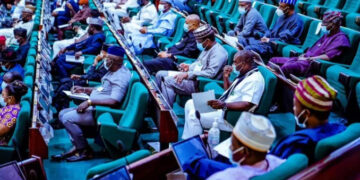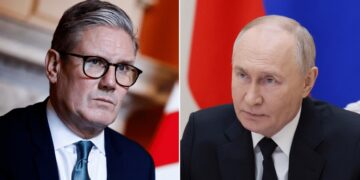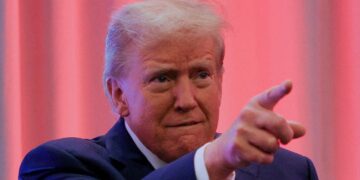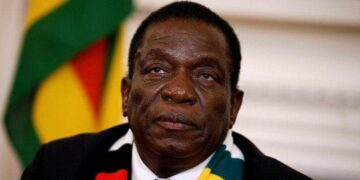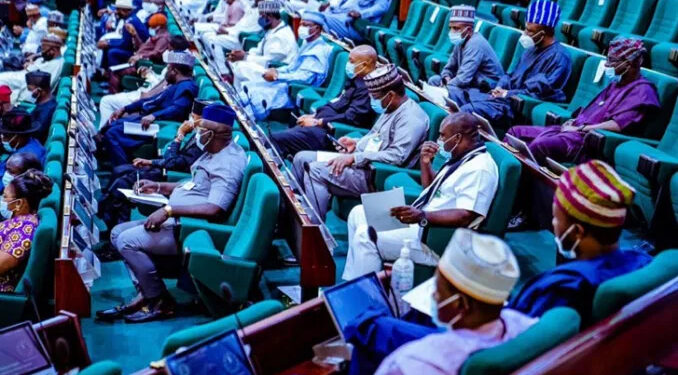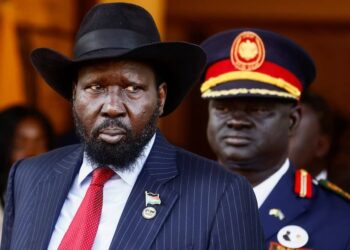By John Ikani
The House of Representatives Ad hoc Committee on PIB has met the Minister of Minister of Petroleum (State), Timipre Sylva and the Group Managing Director of the NNPC, Mele Kyari, Premium Times report.
The meeting held at the National Assembly complex on Thursday was a part of efforts geared towards beating the July deadline for the passage of the Petroleum Industry Bill (PIB) as well as to discuss grey areas of the bill.
Recall that the House had set the July deadline to pass the bill before embarking on its annual recess.
The Chief Whip of the House, Mohammed Monguno (APC, Borno), who is also the Chairman of the Committee, had promised that the bill would be passed before the end of the first quarter of 2021.
Also after his meeting with President Muhammadu Buhari at the State House on Thursday, the Senate President, Ahmad Lawan, assured that the report on the bill would be laid on Tuesday.
The House conducted a public hearing on the bill in January.
Premium Times had reported the position of some of the International Oil Companies (IOCs) on the bill during the exercise.
Total Nigeria had described the fiscal regime, as proposed in the new bill as “globally uncompetitive”, warning that it would hurt several deep offshore investments in the country.
Mike Sangster, the Chief Executive Officer of Total Nigeria, had presented the position of the oil companies under the cluster of Oil Producers Trade Section (OPTS) of the Lagos Chamber of Commerce (LCCI) at the hearing.
His presentation was adopted by Shell, Chevron and Exxon Mobil.
The IOCs raised concerns about multiple-taxation, arbitrary powers of the regulatory agencies, adding that there was a need for “PIB to explicitly preserve base businesses and rights for existing Joint Venture licenses and leases and Production Sharing Contracts, which form the basis for future growth.”
“Under the PIB, several agencies have the power to make final rulings on matters without recourse to the judiciary or independent arbitration. Access to a fair and independent dispute resolution mechanism is key in providing an equitable and stable investment environment and is a globally accepted practice,” Mr Sangster had said.
‘Nigeria, IOCs interest to be protected’
Meanwhile, the spokesperson of the House, Ben Kalu, confirmed the meeting in an exclusive interview with PREMIUM TIMES.
He revealed that the committee will be meeting again on Tuesday to deliberate on the proposed legislation.
Mr Kalu said the committee would ensure balance, by “accommodating the concerns of the IOCs, while also protecting the interest of Nigeria”.
According to the lawmaker, “there is a need for the fiscal regime to be competitive enough to incentivise investors to the sector.”
“You saw me coming out from the PIB section, we sat down from 11 ‘o’clock, till 4 o’clock We summoned the minister of petroleum. We summoned the GMD of NNPC, and we have been deliberating on this bill,” Mr Kalu said.
“We will meet again next Tuesday, to fine-tune the grey areas, the bill is in order, just a few grey areas that need to be fine-tuned. issues of frontier states, the host community, hopefully, we will be able to meet the time we have set for ourselves.”
Concerns
On the concerns raised by the IOCs, the lawmaker said the bill would be structured in a manner that is beneficial to the companies and Nigeria.
“The law must be structured in a manner that will become a win-win for the host country and the IOCs, and even better competitiveness in comparison with other newly found oil nations across Africa.
“This is because there must be a selling point for the IOCs to bring the funds, the selling point could be the tax regime, the deductions that are made on the financial burden–every investor wants to know his exit route, when he is going, is it going to be a lose through that exit or a gain. It is only when it is profitable that they will come in.
“If you attended that public hearing, you will agree with me that the IOCs were represented there, and they made their presentation there. So, their concerns were considered in the cause of framing this bill as it is, we are still working on the bill–here is a copy, we have narrowed it down to these grey areas.
“So in the end, the interest of the IOCs must be protected, but not to the detriment of our nation, we must balance it in a way that it will become the beautiful bride that every investor will like to bring in money.
“The investors are looking at this law right now, if it goes well, it will bring in money, and if it goes bad, they will not come, that is why we have asked the lawmakers to remove sentiments, sectionalism, ethnic interest and other interests, and put Nigeria first to make sure we don’t drag our feet anymore.”
Background
The PIB was first introduced into the National Assembly in 2008 as an executive bill by then president, Umar Yar’Adua (now late)
The 6th National Assembly (2007 – 2011) failed to pass the bill.
The bill was reintroduced into the National Assembly in 2012 by former President Goodluck Jonathan.
A few hours to the end of the 7th Assembly (2011-2015), 47 out of the 360 members of the House of Representatives were present when the bill was passed.
The bill, however, failed to get a concurrent passage from the Senate.
